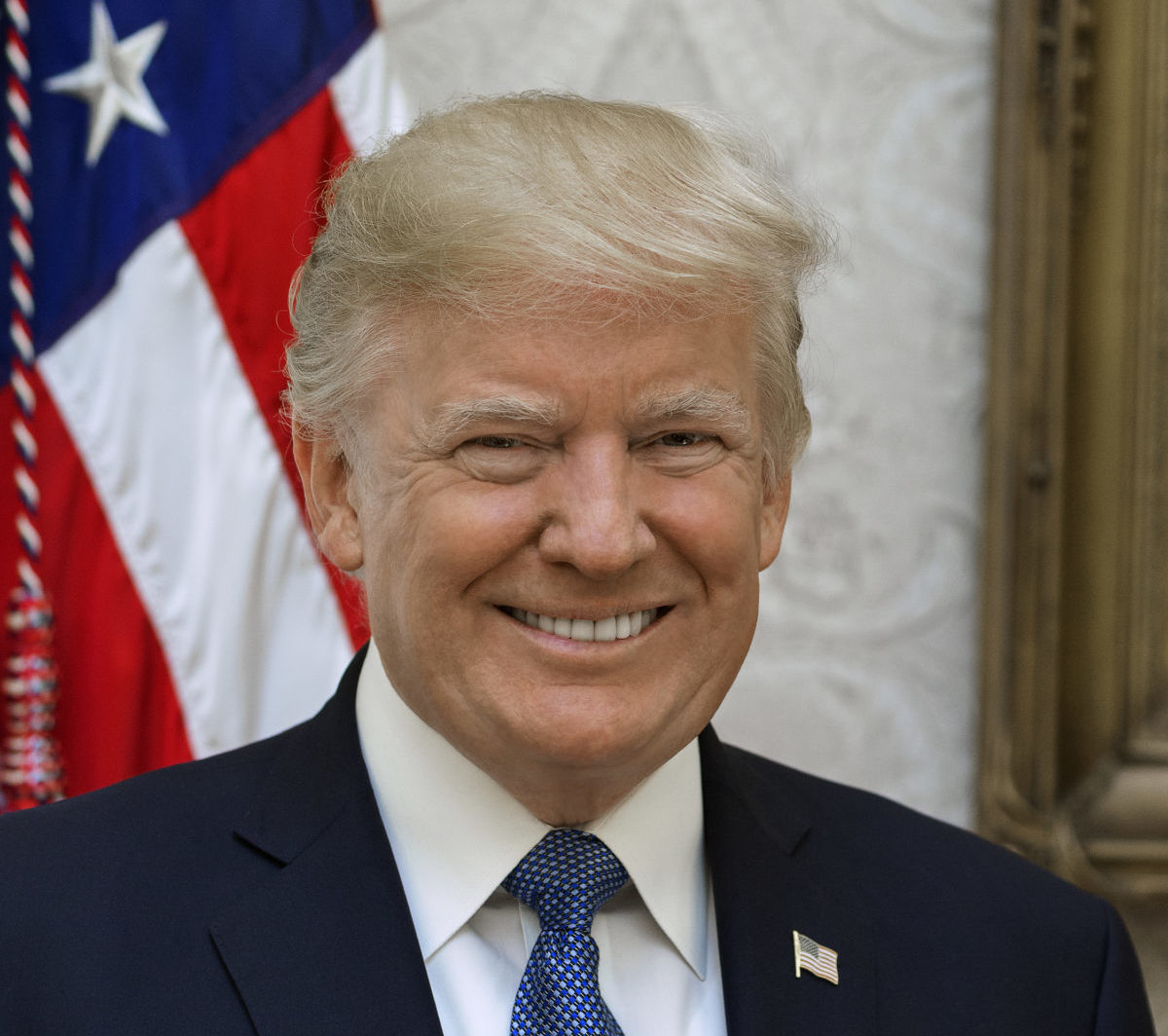Politics
Mueller Report ‘Inconclusive’ That Trump Knew Flynn Lied About Sanctions Call

Official portrait of President Donald J. Trump, Friday, October 6, 2017. (Official White House photo by Shealah Craighead)
Special counsel Robert Mueller’s report did not establish that President Donald Trump knew former National Security Advisor Michael Flynn discussed sanctions with Russian Ambassador Sergey Kislyak during the transition.
Flynn was dismissed from the administration and subsequently pleaded guilty for lying about the substance of his conversations with Kislyak.
“Some evidence suggests that the president knew about the existence and content of Flynn’s calls when they occurred, but the evidence is inconclusive and could not be relied upon to establish the president’s knowledge,” the report reads.
Speaking with Kislyak by phone in December 2016, Flynn asked the ambassador if the Russian government would defer its response to a series of retaliatory measures the Obama administration assessed for Russia’s interference in the 2016 presidential election. Flynn later lied about that conversation, saying sanctions were never discussed.
Following his conversation with the ambassador, Flynn alluded to the contents of the call in conversation with Steve Bannon and deputy National Security Advisor K.T. McFarland.
The special counsel identified separate reasons Trump may have known about the particulars of Flynn’s conversation. Kislyak represented that Flynn’s request was relayed to the highest levels of the Russian government, which in turn granted the request. In addition, Trump did not say publicly or privately that Flynn lied to him.
On the other hand, the report continued, Flynn, McFarland and Bannon could not recall discussing the Kislyak call with the president. Most importantly, in February 2017 Trump asked Flynn about his call with Kislyak and whether he lied about it to Vice President Mike Pence. Those questions indicate the president was not previously aware of Flynn’s request.
“Our investigation accordingly did not produce evidence that established that the president knew about Flynn ‘s discussions of sanctions before the Department of Justice notified the White House of those discussions in late January 2017,” the report reads. “The evidence also does not establish that Flynn otherwise possessed information damaging to the president that would give the president a personal incentive to end the FBI’s inquiry into Flynn ‘s conduct.”
Flynn was charged in federal court with making false statements to federal investigators in December 2017. Mueller recommended no jail time for Flynn in a sentencing memo, citing his “substantial assistance” to the inquiry.
Send tips to kevin@
All content created by the Daily Caller News Foundation, an independent and nonpartisan newswire service, is available without charge to any legitimate news publisher that can provide a large audience. All republished articles must include our logo, our reporter’s byline and their DCNF affiliation. For any questions about our guidelines or partnering with us, please contact [email protected].

